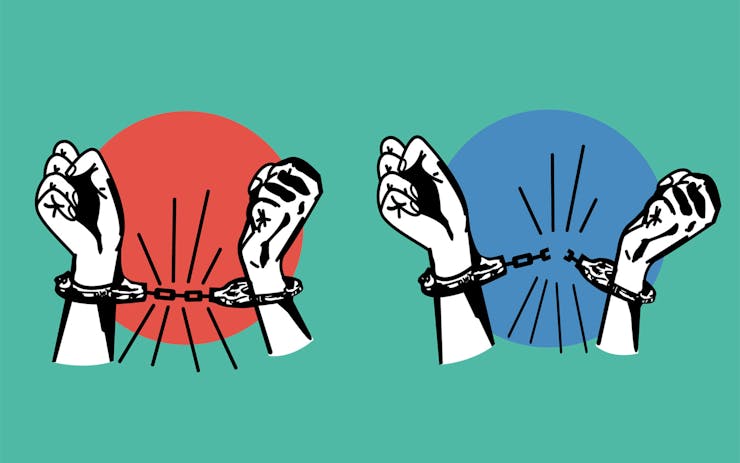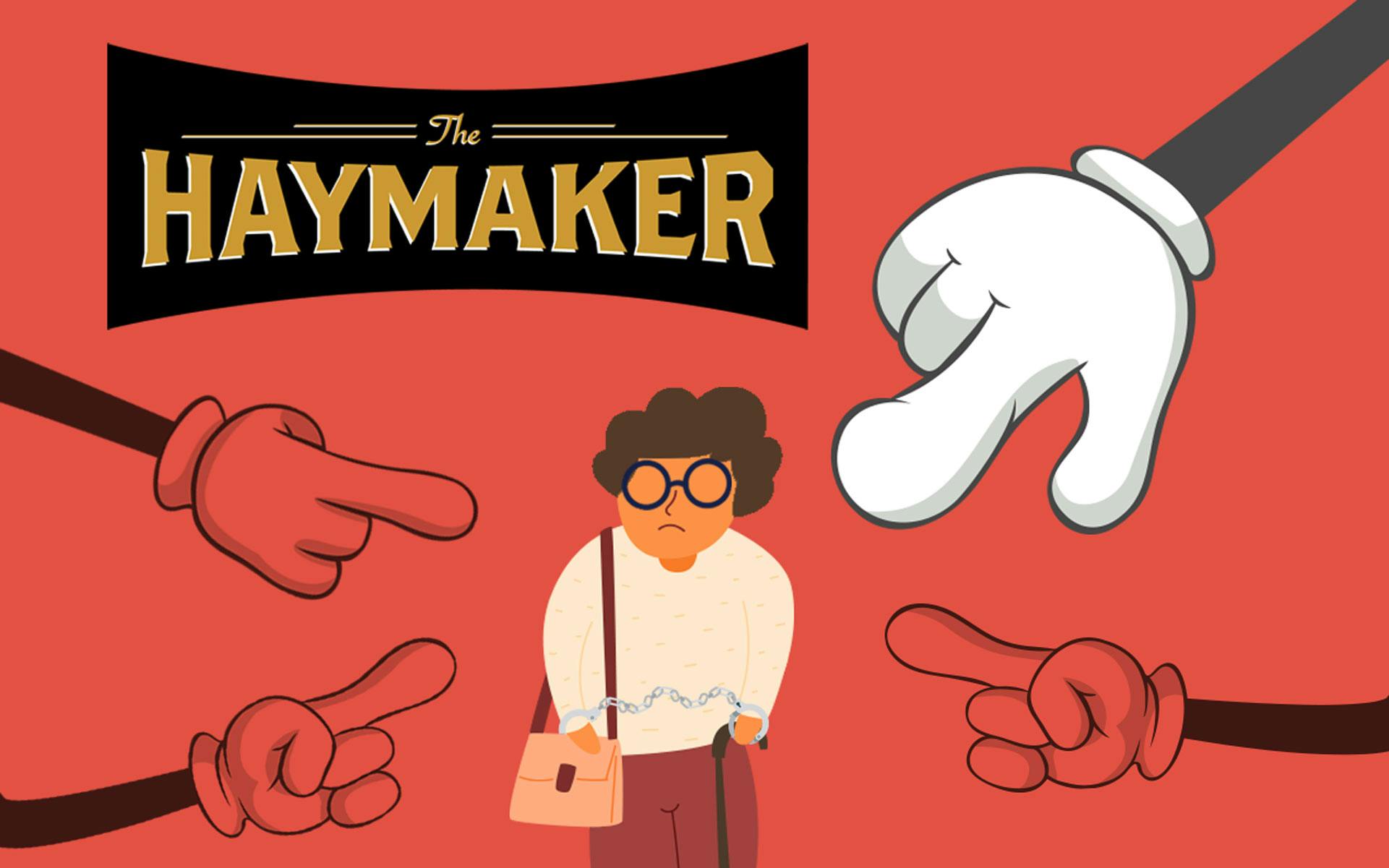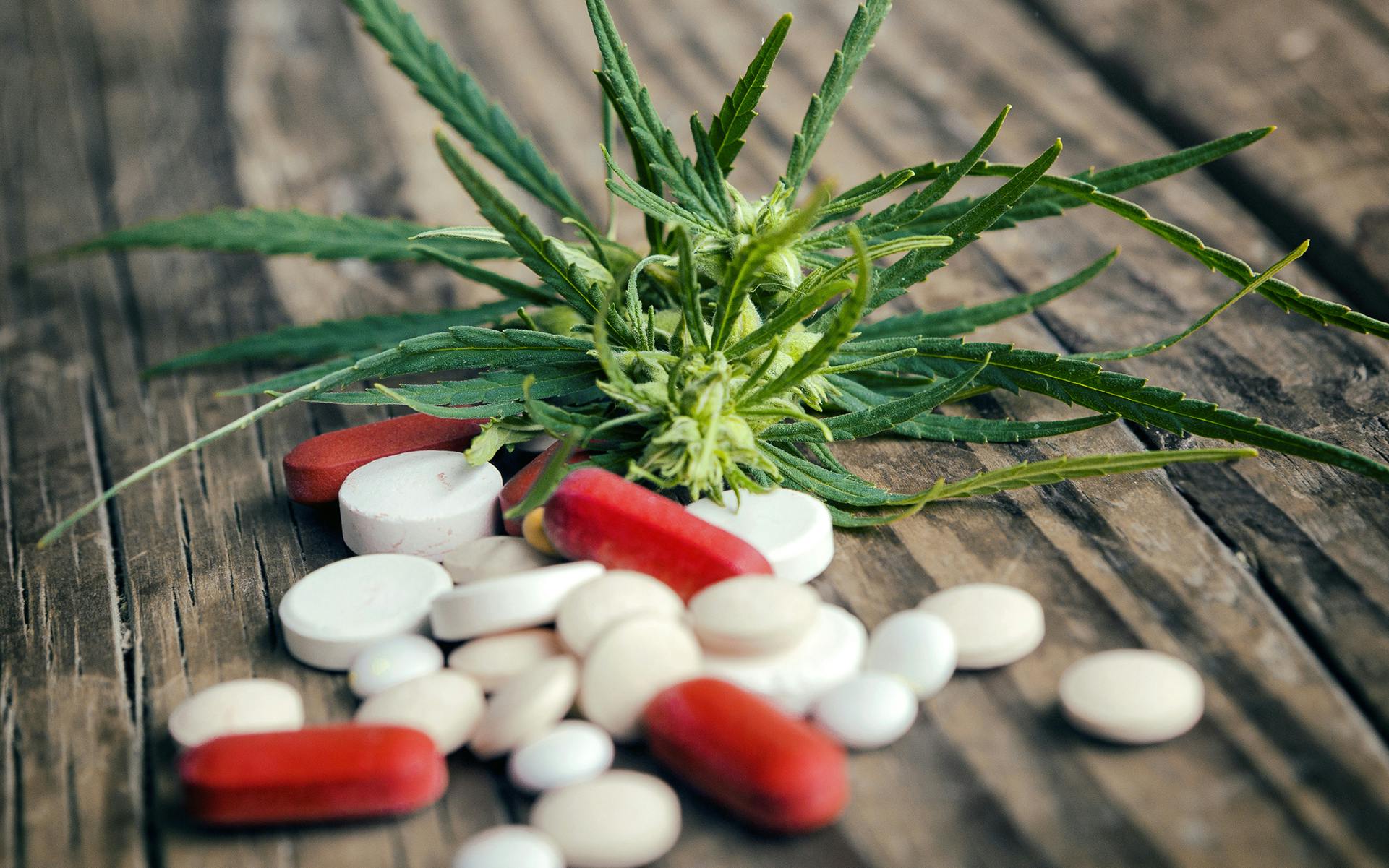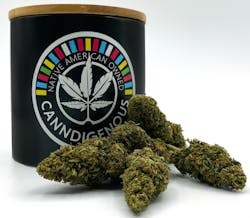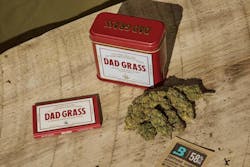The record-breaking climb in US overdose deaths—which now outnumber peak annual deaths from car crashes, guns, and HIV—has led some to second-guess cannabis legalization. But a new study suggests cannabinoids may actually help people wean themselves off deadly drugs.
“CBD holds significant promise for treating individuals with heroin use disorder.”
The study, by researchers at New York’s Mount Sinai Hospital, looked at 42 individuals with problem heroin use disorder who abstained from heroin during the program. Researchers found that individuals who were given CBD experienced significantly reduced heroin cravings—both immediately and in the longer term.
The study was published Tuesday in the American Journal of Psychiatry.
“Our findings indicate that CBD holds significant promise for treating individuals with heroin use disorder,” Yasmin Hurd, lead author of the study and director of the Addiction Institute at Mount Sinai, said in a statement.
We’ve known for a while now that the availability of medical cannabis is associated with lower opioid prescription and overdose death rates. What’s been less clear is whether cannabinoids can reliably help individuals disrupt problem drug use.
Participants in the Mount Sinai experiment were given either CBD or a placebo and then presented with three-minute videos featuring either “neutral cues”—including relaxing nature scenes—or “drug-related cues,” such as intravenous drug use, syringes, or packets of powder that resembled heroin. The CBD dosages were quite large—either 400 mg or 800 mg of CBD—and taken daily as an oral solution for three consecutive days.
As participants watched the videos, researchers measured opioids cravings, anxiety, and other health indicators, such as heart rate, blood pressure, respiratory rate, skin temperature, and blood oxygen levels. The measurements were taken at three video sessions conducted at various times: immediately after administering CBD or the placebo, 24 hours later, and a week after the final dose. The results were remarkable:
The study team found that CBD, in contrast to placebo, significantly reduced both the craving and anxiety induced by drug cues compared with neutral cues in the acute term. CBD also showed significant protracted effects on these measures seven days after the final short-term exposure. In addition, CBD reduced the drug cue-induced physiological measures of heart rate and salivary cortisol levels. There were no significant effects on cognition, and there were no serious adverse events. The capacity of CBD to reduce craving and anxiety one week after the final administration mirrors the results of the original preclinical animal study, suggesting that the effects of CBD are long-lasting, even when the cannabinoid would not be expected to be present in the body.
This isn’t the first time Hurd and her team have explored CBD’s impacts on heroin use. But previous studies focused on animals—finding that their heroin cravings could be reduced with CBD—and Hurd was eager to expand research involving humans.
“To address the critical need for new treatment options for the millions of people and families who are being devastated by this epidemic, we initiated a study to assess the potential of a non-intoxicating cannabinoid on craving and anxiety in heroin-addicted individuals,” Hurd said. “A successful non-opioid medication would add significantly to the existing addiction medication toolbox to help reduce the growing death toll, enormous health care costs, and treatment limitations imposed by stringent government regulations amid this persistent opioid epidemic.”
The study’s findings, the hospital said, suggest a role for CBD “in helping to break the cycle of addiction.”
“The specific effects of CBD on cue-induced drug craving and anxiety are particularly important in the development of addiction therapeutics,” Hurd explained, “because environmental cues are one of the strongest triggers for relapse and continued drug use.”
While the initial study is relatively small, it’s likely to fuel continued research into the use of cannabinoids and opioids. Already Hurd’s research team is working on two follow-up studies aimed at putting a dent in the overdose epidemic. One explores the mechanisms of how CBD affects the brain, while the second looks at unique medical cannabis formulations that Mount Sinai said “are likely to become a significant part of the medical arsenal available to address the opioid epidemic.”
